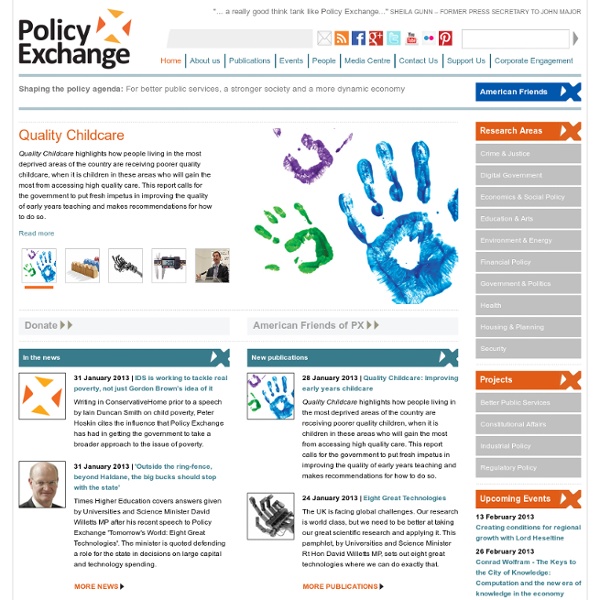



History Learning - Democracy Democracy is a word frequently used in British Politics. We are constantly told that we live in a democracy in Britain and that our political system is "democratic" and that nations that do not match these standards are classed as "undemocratic". D Robertson, writing in 1986, stated that: Robertson continued by stating that the word only starts to mean something tangible in the modern world when it is prefixed with other political words, such as direct, representative, liberal and parliamentary. This belief is based on the right of every citizen over a certain age to attend political meetings, vote on the issue being discussed at that meeting and accepting the majority decision should such a vote lead to a law being passed which you as an individual did not support. Part of this belief, is the right of every one to hold political office if they choose to do so. Direct democracy is fine in theory but it does not always match the theory when put into practice.
Democracy Index The Economist Intelligence Unit Democracy index map for 2012. Greener colours represent more democratic countries. Insufficient information, not rated The Democracy Index is an index compiled by the Economist Intelligence Unit, that measures the state of democracy in 167 countries, of which 166 are sovereign states and 165 are United Nations member states. Methodology[edit] As described in the report,[1] the democracy index is a weighted average based on the answers of 60 questions, each one with either two or three permitted alternative answers. The questions are distributed in the five categories: electoral process and pluralism, civil liberties, functioning of government, political participation, and political culture. "Whether national elections are free and fair";"The security of voters";"The influence of foreign powers on government";"The capability of the civil servants to implement policies". Changes from 2010 to 2011 and 2012[edit] Democracy index by regime type[edit] See also[edit]
#Freedom of the Press 2012 Breakthroughs and Pushback in the Middle East The year 2011 featured precarious but potentially far-reaching gains for media freedom in the Middle East and North Africa. Major steps forward were recorded in Egypt, Libya, and Tunisia, where longtime dictators were removed after successful popular uprisings. While trends in these countries were not uniformly positive, with important setbacks to democratic prospects in both Egypt and Libya toward year’s end, the magnitude of the improvements—especially in Tunisia and Libya—represented major breakthroughs in a region that has a long history of media control by autocratic leaders. The gains more than offset declines in several other countries in the Middle East. The improvements in the Arab world were the most significant findings of Freedom of the Press 2012: A Global Survey of Media Independence, the latest edition of an annual index published by Freedom House since 1980. Continue reading essay Freedom of the Press 2012 Release Materials:
Browse Inside Capitalism, Socialism, and Democracy: Third Edition by Joseph A. Schumpeter About Capitalism, Socialism, and Democracy In this definitive third and final edition (1950) of his masterwork, Joseph A. Schumpeter introduced the world to the concept of “creative destruction,” which forever altered how global... About Joseph A. Schumpeter Joseph A. Critical Praise "Schumpeter gave us stunning insights into how the world really works. — Robert J. AuthorTracker Want to receive notice of Joseph A.